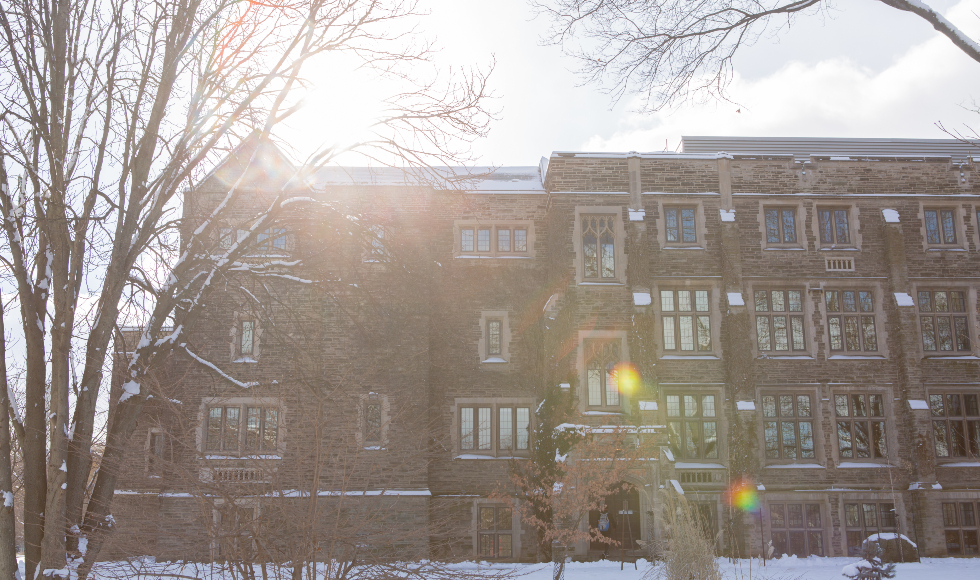McMaster’s Sexual Violence Policy and Response Protocol: update

Since being introduced in 2015 and 2017, McMaster’s Sexual Violence Response Protocol and Sexual Violence Policy have guided the university’s approaches and responses to supporting survivors of sexual and gender-based violence. Together, they have also provided a framework to educate the McMaster community.
The policy and protocol replaced a number of existing McMaster policies and guidelines regarding sexual violence. The hope was that a coordinated policy and protocol, with more clear language and focused resources, would better serve survivors and the community.
“The goal is supporting survivors on their own terms and providing resources and help with sensitivity and empathy during a very difficult time,” says Sean Van Koughnett, associate vice-president and dean of students. “We know that awareness and understanding is also critical, so across the campus, staff, students and faculty are working together to make sure we’re meeting the needs of students and identifying how we can do even better.”
Training and education are key priorities. Since the creation of the Sexual Violence Response Protocol:
- More than 8,600 faculty, staff and students have received sexual violence training and information on how to apply the policy and protocol
- Welcome Week training is helping student leaders understand how to best develop a culture of consent and how to be responsive to people who disclose
- Creation of a new Sexual Violence Education Team to plan training and education
Each year, McMaster reports on these activities and on the number of times someone has come forward to share an experience of sexual violence. Since 2015, McMaster has worked with an increasing number of survivors who are telling their stories and seeking supports and help. In 2017/18 there were 146 disclosures, an increase from 96 in 2015.
Meaghan Ross, McMaster’s sexual violence response coordinator, says this increase may show that efforts to encourage survivors to report their experiences are working. She also says that educational approaches are encouraging more discussion and consultation.
“There’s a lot more willingness to talk about sexual violence – community members are starting to think through the complexities, both in terms of how to support someone, but also regarding how we ensure there’s accountability and what prevention looks like,” she says. “There’s less resistance to training. Because the topic has been considered taboo, people have been reluctant to talk about it in the past. Now, people are eager to learn how to respond appropriately and make good referrals.”
For more information:
McMaster’s Sexual Violence Response Protocol website and resources


